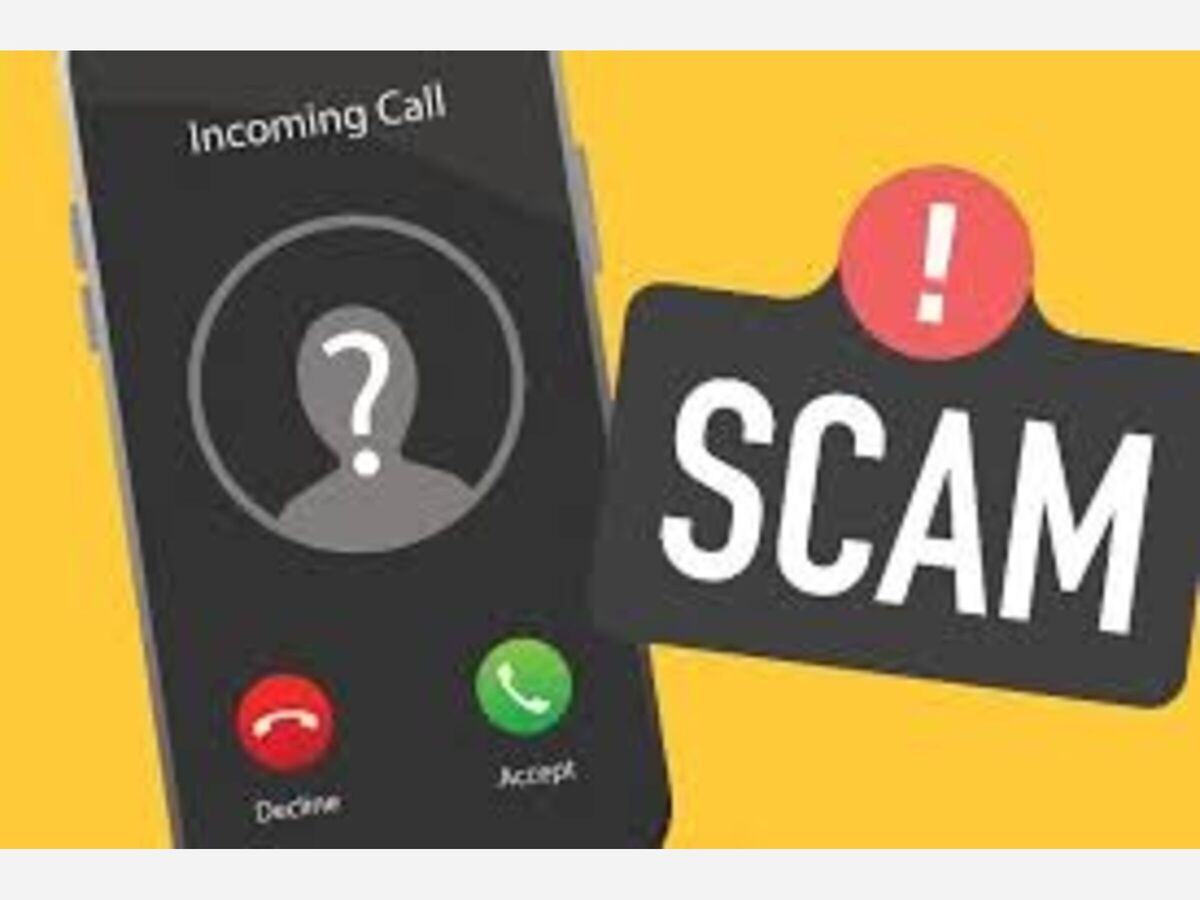Image


Phone scammers are getting smarter with their tactics. And if you’re not careful, they could make big bucks off of you, the unsuspecting caller. Aside from hanging up if you hear this four-word phrase, there’s something else you can do to avoid becoming a victim and to keep up with your smartphone security and privacy.
Certain area codes can warn potential targets that the call isn’t safe, according to Joseph Steinberg, CEO of SecureMySocial. Although scam callers once used a 900 number, they’ve changed their methods as the general public became aware of their tactic. Now, many scam phone numbers have different area codes, including 809, which originates in the Caribbean.
Another area code to look out for may look like it’s coming from the United States, but isn’t. “Criminals have been known to use caller IDs with the area code 473, which appears to be domestic, but is actually the area code for the island of Grenada,” Steinberg says. Watch out for these phone call scams that could steal your money, too.
By the way, those calls add up fast. You could be charged for taking a call from any of these foreign countries, according to AARP. Plus, scammers can swindle you out of your money through phony vacation scams and fake stories about danger or money problems. iPhone scams and Uber scams are also on the rise, making Apple fans and Uber users alike more wary. Make sure you know how to avoid Uber scams and how to stop spam texts on your phone
To play it extra safe, Steinberg recommends never answering or returning a call from a number you don’t recognize. If you actually know the person, they can always leave a voicemail. “Remember that it’s unlikely that someone you do not know—who is in distress at a location with which you are not familiar—would dial a random number in another country and ask you to help them,” he says. “They would call the police.”
It can’t hurt to be wary of possible scam phone numbers with the following international area codes. And watch out for these Facebook Marketplace scams before you go shopping.
232—Sierra Leone
242 — Bahamas
246 — Barbados
268 — Antigua
284 — British Virgin Islands
345 — Cayman Islands
441 — Bermuda
473 — Grenada, Carriacou, and Petite Martinique
649 — Turks and Caicos
664 — Montserrat
721 — Sint Maarten
758 — St. Lucia
767 — Dominica
784 — St. Vincent and Grenadines
809, 829, and 849 — The Dominican Republic
868 — Trinidad and Tobago
869 — St. Kitts and Nevis
876 — Jamaica
It’s important to note that scammers can create scam phone numbers by spoofing numbers from many area codes, not just the ones listed above. Remember, a good rule of thumb is if you don’t recognize the phone number, don’t pick up your phone and let it go to voicemail. This can help you avoid falling for common phone scams, such as those pesky car extended warranty calls.
Your phone rings once and the call stops. The bad guy on the other end hopes you call the number back to see who it was or what it was about. As soon as you do, you’ll hear a recorded message that is intended to keep you on the phone, or worse, to get you to call back a second time.
For example, the message may say: “Hello … hello? … I’m having trouble hearing you. Hello? … Will you please call back?”
Every time you call, you will be charged high international rates or other connection fees. The bad guy gets all or part of those fees.
A new example of how the bad guys try to keep you on the phone is by telling you: “You’ve received a song from someone who loves you. After listening to this song you will find out who sent this song as a gift.” The longer you stay on the call, the more you pay. And the more the bad guy makes.
These scams are also known as “Wangiri,” which comes from Japan where the scam originated years ago and means one-ring-and-cut. (One ring and done.)
Do not answer calls from numbers you do not recognize. This is good advice in general, because it can help protect you from other scams, such as spoofing. (Learn more here.)
If you receive a one-ring call from an unknown number, do not call that number back.
If you return to your phone and have a missed call from an unknown number, resist the urge to call it back. Restrain your curiosity to better protect yourself from scams.
If you do return a missed call, watch for a + to appear ahead of the area code. The plus sign signals an international call being placed – which means international calling rates. If that’s the case, hang up immediately.
And if you hear an odd message, one similar to the example above, hang up immediately. The longer you stay on the line, the more you are being charged for the call.
By the way—if you are charged for picking up a scam call, the Federal Communications Commission (FCC) recommends contacting your phone company to try and take care of the matter. You can also file a complaint about the scam call with the FCC.